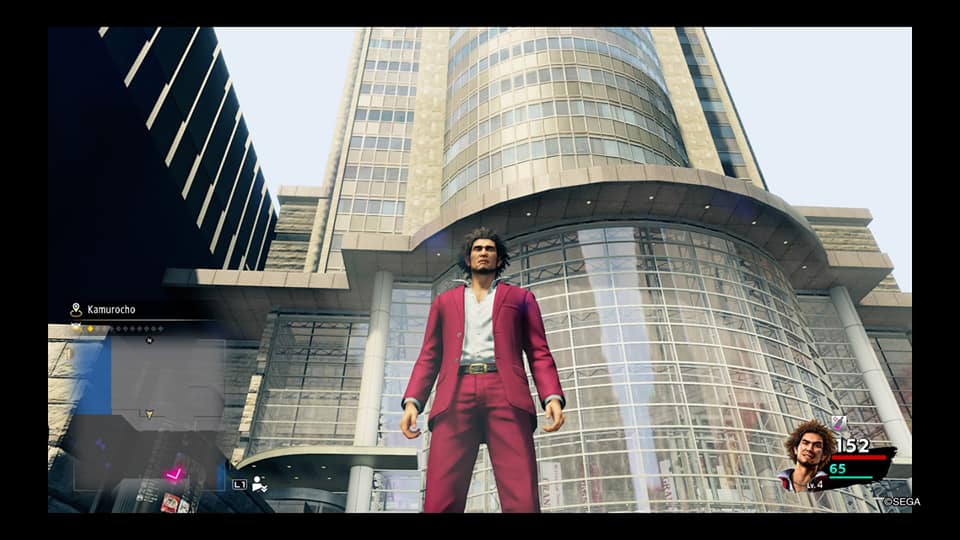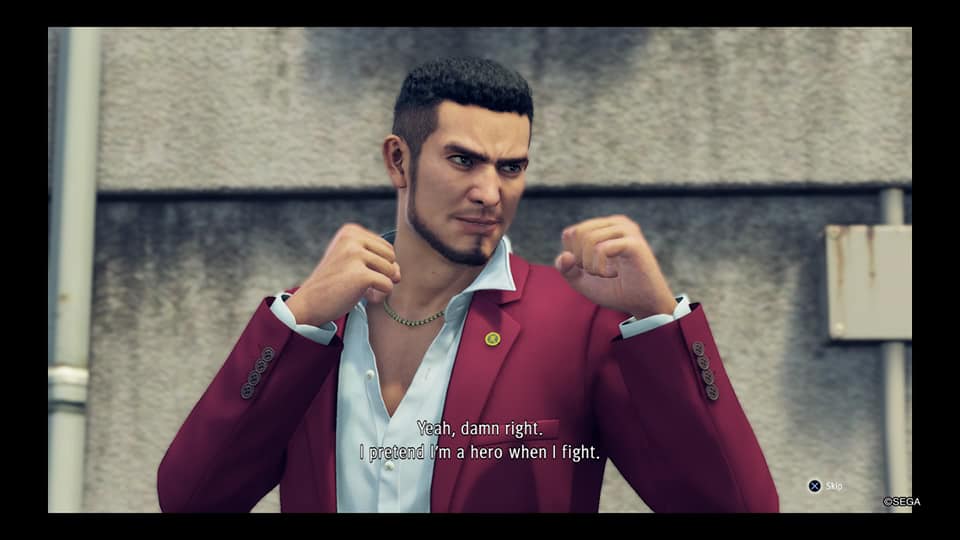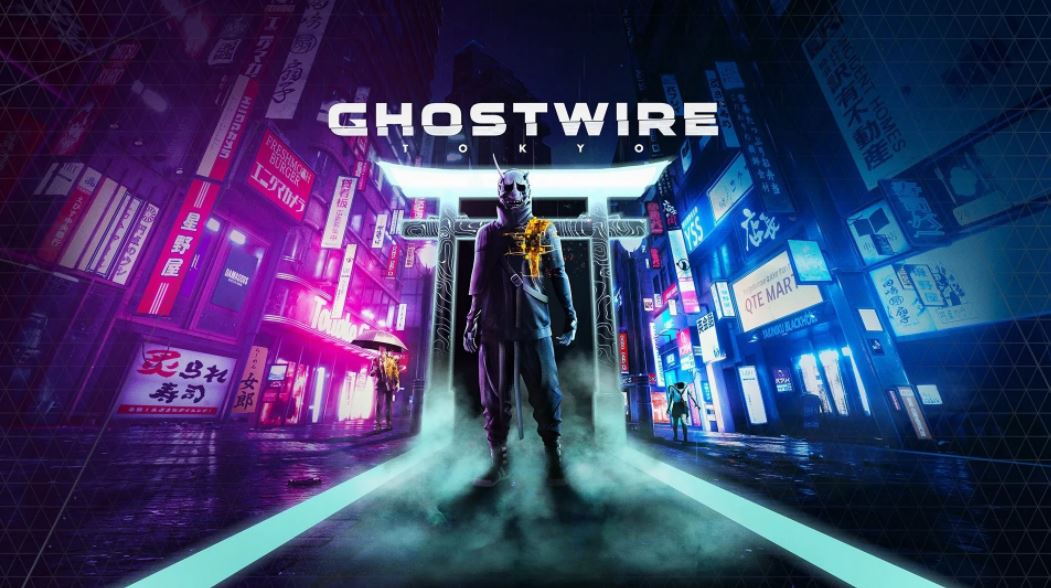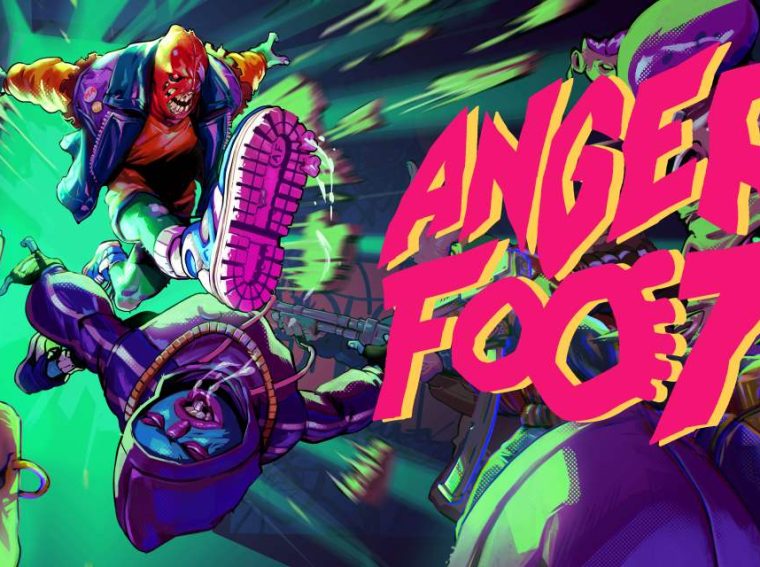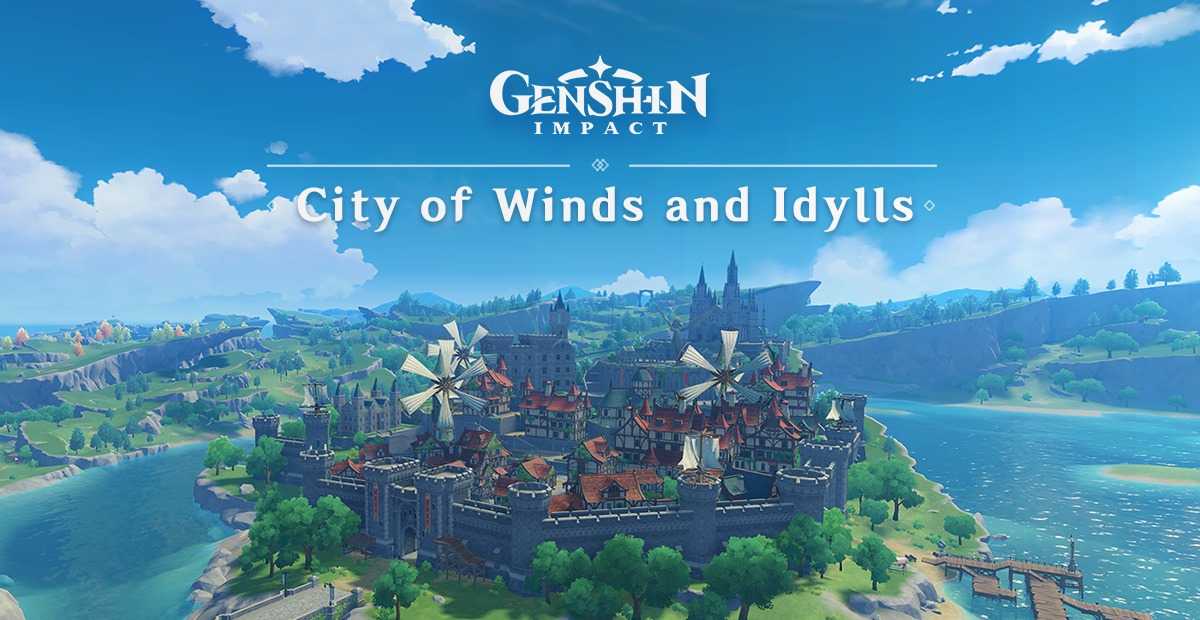Yakuza: Like A Dragon Review – The Ichiban Way To Continue The Series
Yakuza: Like A Dragon Review
Yakuza: Like A Dragon is the eighth mainline installment in the long running Yakuza or Ryu ga Gotoku series of games hearkening back from 2005. With the inclusion of Judgment, their parody side stories like Yakuza Dead Souls, and their reskin of the Fist of the North Star, it’s an understatement to say that this series is huge in its own right. Personally, I felt the series creator Toshiro Nagoshi took what worked in Yu Suzuki’s Shenmue and built on it to create this gigantic franchise.
Yakuza: Like a Dragon, or Ryu ga Gotoku 7 in Japan, departs from its open world brawler genre to take a classic Japanese RPG approach akin to Dragon Quest and Final Fantasy. Also, long-time series protagonist Kazuma Kiryu bows out to have the new protagonist Ichiban Kasuga taking on a new chapter of the franchise. As a Yakuza fan and a long-time JRPG aficionado, it’s a match made in gamer paradise.
Kasuga is a low ranking Yakuza grunt who took a fall at the behest of his patriarch and served 18 years for a crime he did not commit. Coming out of jail, Kasuga expects to be taken back with open arms only to be shot by said patriarch. Homeless and disgraced, waking up in the Isezaki Ijincho Distrct of Yokohama; Kasuga joins a crew of misfits to clean up the mean streets as a self-made hero. As he gets back up on his feet and his legend grows, he longs for the day to return to Kamurocho and reclaim his place.
Is Kasuga the Ichiban successor to the throne left behind by Kiryu? Or is he merely another pretender like Yagami and Kenshiro before him, seeking to keep the series alive now that we’re sick of their repackaged mini-games that have not changed since the first Yakuza?
I Grew Up On These Streets
As an avid fan of the series, I’m always excited to see Kamurocho grow throughout the times. From the decadent Babylon they’ve built in Yakuza Zero, to the gentrified mess it is today, Kamurocho still maintained the same blueprint that it feels like a part of town you’ve grown up in. So when I booted up the game to Kamurocho on New Year’s Eve, December 31st, 2000 – I was excited because it was five years prior to the legend of Kazuma Kiryu and you get to see the town in renovation. Check out my Walking Tour for more details!
Continuing the story, the prologue details the two biggest character forces. On one hand, you have Ichiban Kasuga, a failure of a Yakuza because of his insistence of doing community service rather than actually doing his duties as an enforcer. On the other side is the tale of a washed out crime boss Masumi Arakawa, Kasuga’s patriarch and father figure. As seen in the plot summary above, you know it’s not going to go down well and we get a blow-by-blow account on how it happens.
I appreciate how the story unfolds between the two and you get a clear picture of the characters. You get to know them right away and empathize with their struggle. Also they foreshadow story arcs that would continue later on, which is the strongest points of the franchise’s storytelling. However, just like the previous franchises, they overstay their welcome quickly and I wished they could just pace the dialogue better. It’s not aiming for high art like The Last of Us 2, so they could’ve just cut it by half.
When Chapter Two unfolds, the best part of how the prologue ends is a stark comparison of the Kamurocho of Old and its contemporary. Kasuga becomes a man out of time and we can sympathize with his lack of knowledge of modern trends, and his personal frustration and loss at the betrayal he encounters. Now if we could just have that in twenty words or fewer, could we just skip all that J-Drama nonsense and move on to bashing heads? Preferably with fewer loading times?
The JRPG Is Strong With This One
Thematically, the entire personality of Ichiban Kasuga carries the organic unity of this piece. I really find it ingenious that they chose a dying (or dead to some people) genre to revive in order to tell his story. As explained before, Kasuga grew up on the Dragon Quest games, hence he sees the world as one big Dragon Quest sim. It’s also fitting that the gaming world has moved on to Monster Hunter and here we have Kasuga still raving about his JRPGs.
As laid out in my First Impressions, the biggest improvement this battle system had to other JRPGs is the use of positioning. The only other JRPG that mastered this is Final Fantasy VII Remake. Depending on where you stand, your success in battle could be improved or reduced on how you manipulate your environment to suit your needs.
Battle commands such as skills are also dynamic as you could increase the damage output by following the command inputs onscreen. You either could mash a button or hit a well-timed strike for more damage. Perfect Guard could be used by pressing the O (or the A button in Xbox) at the right time to either dodge an attack or reduce damage taken from conventional ones. These commands can be used during Auto-Battle, allowing for a dynamic flow that cuts through the tedium that of classic JRPG randomized fights.
Also what was amusing was that those “story missions” from the original Yakuza are now dungeons in this iteration with a save point waiting in the end before a change in setting or a boss fight. Treasures are all around and it’s quite a fun throwback to the JRPGs of old.
The Measure of A Man
Throughout the journey, Kasuga Ichiban grows as a character through his Personality. It is akin to the Social Skills in Persona where their personality type can affect changes in the gameplay both in battle and in interactions with NPCs. In fact status effects are affected by your personality gauge. For example, high charisma allows you to convince opponents to leave you alone and give you an item for good measure.
Personality is divided into several types: The aforementioned Charisma, Intellect, Kindness, Passion, Style, and Confidence. They could be increased through using growth items and through dialogue options encountered in both the Main Story and Sub Stories, similar to how it is earned in Persona. As you progress later in the game, you will have access to a vocational school where you could increase stats for a hefty sum and requires you to pass various exams or complete the challenges in Part Time Hero.
The Job System is a literal interpretation of the Final Fantasy job/class system. You have to qualify and apply for these odd jobs and you earn skills and exclusive equipment that you could use in battle and in your exploration. To qualify for these jobs, your personality traits must be of a certain level. Thus, you have a Character Level and a Job Level that expands your repertoire and your contribution to the main team. Other Player Characters have unique jobs the same way only Kasuga can be a Yakuza, Deadbeat, Freelancer, and of course Hero.
The great thing about the job system is that while it is in some ways a parody of JRPGs in general, it changes up your play style on the different strengths and weaknesses of said job. While a bodyguard class is focused on its tank capabilities, musicians are support classes, while breakdancers (breakers) use the fighting style Majima had in Yakuza Zero. It stretches much of the source material without making it feel forced, plus thematically, you’re dealing with a bunch of unemployed geezers looking for work so it’s not too much of a stretch to add this mechanic.
Non-JRPG gamers have always wondered what the appeal of the JRPG is and personally, it’s this unique way of interactive character development. What I loved about Persona is how they’ve expanded on this sub-category through their Social Skills and Social Links. I liked what the Yakuza series has done to explore this category in JRPGs.
I find that many recent JRPGs attempt to reinvent their combat mechanics, but Yakuza: Like a Dragon has kept it simple and conventional but added some subtle differences. Take note developers, this is all you really have to do to get our attention. Give us the same conventional combat, but tweak it a little so it feels fresh. Focus more on the character development and the leveling system, because I find that it becomes its own reward, transforming it into an addictive mechanic.
It’s Dangerous To Go Alone!
The one thing when playing the previous Yakuza games was the fact that you mostly just got the point of view of Kazuma Kiryu with some exceptions like Goro Majima in Yakuza Zero and Yakuza Kiwami 2. With Yakuza: Like a Dragon, you’re able to control not only Kasuga but a complete party of misfits.
Each character could be equipped and each character has their own unique job type, thus giving them varied and diverse moves. You first get Adachi, a disgraced detective to join you as early as Chapter Two and has some tank capabilities. Nanba, your first permanent party member, is a former medical practitioner turned homeless because of a shady backstory. Saeko, a bad ass bartender investigating her boss’ suspicious death, has some sweet DPS skills.
In the middle of Chapter Four, after completing a certain sub-story, you unlock the Poundmates app (it’s as bad as it sounds) and with it, you could unlock summon commands where you call a previously defeated opponent that let’s you deal damage, status effects, and support depending on the character. However, while it’s free to summon on your first try, it costs money to summon these guys. Save them for a worthy opponent or keep farming that yen. Everybody’s gotta eat.
Isezaki Iijincho will not replace Kamurocho by any means, but it’s a great place to grow. After all, after enough iterations, Kamurocho does tend to get stale. I found that during my Judgment run, after five chapters, I wanted a change of scenery. Yokohama’s underbelly isn’t pretty, but it has its own charm similar to how Hiroshima was tantamount to building Yakuza 6: Song of Life‘s story.
The map is huge, bigger than both Sotenbori, Kamurocho, and Hiroshima combined. Exploring the town is recommended as you can hunt for treasure, discover new restaurants, and activities galore. However, make sure you raise your Personality a little, some challenges and features are behind a social barrier. Yet what this game doesn’t lack in is content and activities, you’re sure to increase your stats with extra radiant quests generated by Part Time Hero unlocked at Chapter Five.
Is Kasuga The Ichiban Choice?
There’s something undeniably endearing with Ichiban Kasuga as a character. He’s an underdog who’s been beat down throughout his life, but will stop at nothing to live his truth. I don’t know about you, but I connect with this character. By pretending that life is an RPG and seeing that you’re a chosen one by your own standard; if it balances out your mental health, why not? However, if that puts ideas in your head to start beating passersby for experience points and extra cash, well that’s obviously when you draw the line.
I feel that unlike many heroes’ journeys in games and in comic books, it’s really difficult these days to relate to a “paragon of justice”. It’s much easier to connect to the every man, the anti-hero, the rando. Kasuga is that and more, because no matter how beat up he gets, he remembers where he’s from and the people who have made him who he is today.
Compared to a catalyst character like Kazuma Kiryu, Ichiban Kasuga embodies a definitive protagonist. He’s not perfect and with that you feel his personal stake in the story. Kiryu is a type of character that feels that he can conquer anything and anyone with his demonic strength.
In a way, now it feels like a real Yakuza story because Kasuga has more to lose when he hits rock bottom. He carries a certain level of humility that equates him to the player. These traits are admirable and will get you through the slower areas of the game when it comes to story.
Novelty or Gimmicky?
Truth be told, once you get going, at least for the first 40 hours, the momentum is magnetic and I was hooked on the new battle system. New mini-games have been introduced and there’s no obligation to play them unless you want their specific rewards. Each mini-game doles out their own currency and you could buy rewards with currency earned from that. Unless you’re gunning for a platinum, these mini-games are completely optional and you don’t need to pursue them to complete the story.
When you think that Yakuza doesn’t get any more bizarre with their sub-stories and mini-games, I think this iteration has taken the cake on the limits of strangeness. There’s this mini-game where you try to stay awake in a film only to be attacked by R.E.M. – Rams, pushing you to fall asleep. It’s quite the stuff of nightmares. Plus you refer to your assailants as “Sujimon” and collect them in a compendium called the “Sujidex”. At this point, nothing could surprise me with this franchise, so I just accept it and laugh.
To answer the question I initially asked, how you get sick of the novelty will depend on you. Forty hours into the game, I’m still amused by its off-beat charm. Kasuga is a relatable character for gamers of a certain age and a certain passion group. Of course, it is niched as all hell, but I feel that the biggest strength of the Yakuza series is creating these ultimately likeable characters that grow on you. I felt the same with Judgment with Yagami and the gang warming up to you despite the hokey courtroom drama copied from Ace Attorney.
While much of the game’s extra features such as jobs, item crafting, garden tending, most of the mini-games including karaoke, Dragon Kart races, and bond building don’t open up until Chapter Five (some could be discovered in Chapter Four if you’re tenacious), I feel that the game eases you into such a massive and complex world. While they’ve mixed it up a bit and eased you in to soften the Open World Fatigue, it would be best to pace yourself and stick with the mainline quest and pick and choose from the activities provided. This way, you could ease on the overwhelm.
Finally, I feel that the game has tackled some issues quite relatable in this day and age. Job security, government support, self-confidence as you reach middle age with little or no achievements; the game tackles a lot of these topics either with humor pushing a message of hope that no matter where you are in life, you could still pick yourself back up. If Death Stranding was 2020 captured in a game, I’d say Like A Dragon is the 2016-2020 zeitgeist captured in game, all they need is reference to a pandemic of some kind to take it home.
What We Liked
- Kamurocho evolving throughout the years but staying the same, it’s probably one of the most dynamic setting in video game history.
- Seamless JRPG experience keeping the genre fresh and cutting tedium from conventional titles, ultimately blending the brawler mechanic with the JRPG aspect.
- New Characters, especially Ichiban Kasuga, are charming and memorable and hopefully we see more of them in the future.
- Job System and Personality Archetypes builds character both in stats in and in story.
- The Challenge Quest is not tied with your level progress but with your Personality traits. It’s purely optional to boost up, mainly to score higher level gear and trophies, thus reduces Open World Fatigue.
What We Didn’t Like
- Long story beats kill game momentum just like in previous Yakuza titles.
- The loading times between those story beats kill the remaining motivation you have if it hasn’t already.
- It takes until Chapter Five before much of the game features open up to the player.
Verdict: Buy It!

If you’re a fan, I wonder why you haven’t bought it yet and are still reading my review? Don’t let the JRPG schematic fool you, it’s still at its core a Yakuza game, warts and all. Will it redefine and revitalize the JRPG genre? I doubt it, I don’t think Final Fantasy can do it either. However, they took what worked historically with the genre and created something fun and quirky that can last you for hours on end.
While I feel that the storytelling could’ve been simplified a bit, the time spent on these characters will allow you to get to know them better and hopefully you’ll warm up to them given the chance. All it asks from you is five to eight hours of pure unadulterated attention to their long dialogue filled with exposition. Not many will get past this very dragging phase but after that, you have an enjoyable JRPG experience with a layered story that exudes an off-beat charm and humor.
Personally, the fact that the series is willing to change it up and not succumb to its real grievances in the past such as Open World Fatigue and Mini-game Stress shows that they’re not settling for less. Making them optional and allowing you to focus on character development is a step in the right direction by the Ryu ga Gotoku studio. Props to Nagoshi and friends, I can’t wait for the next one.


